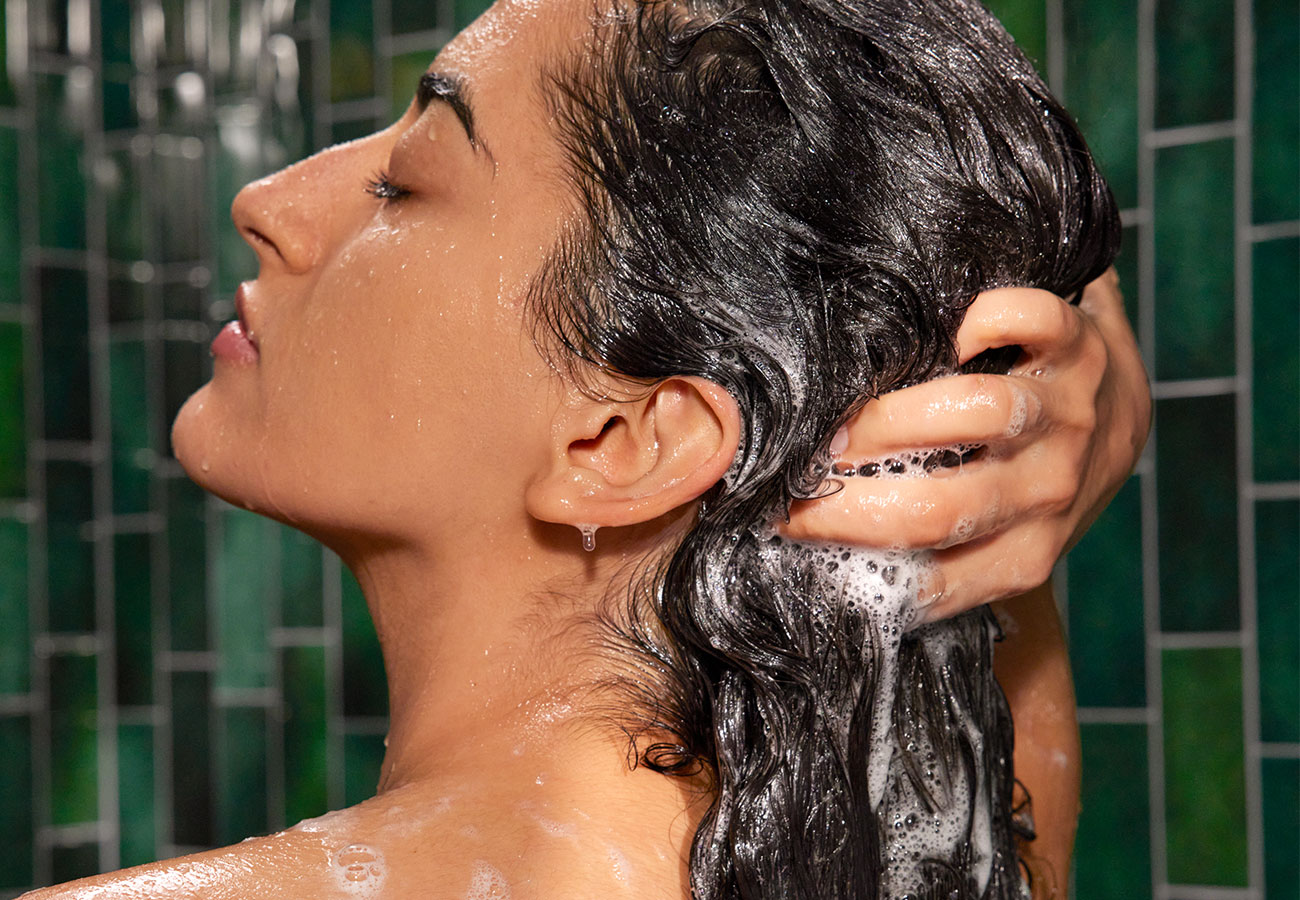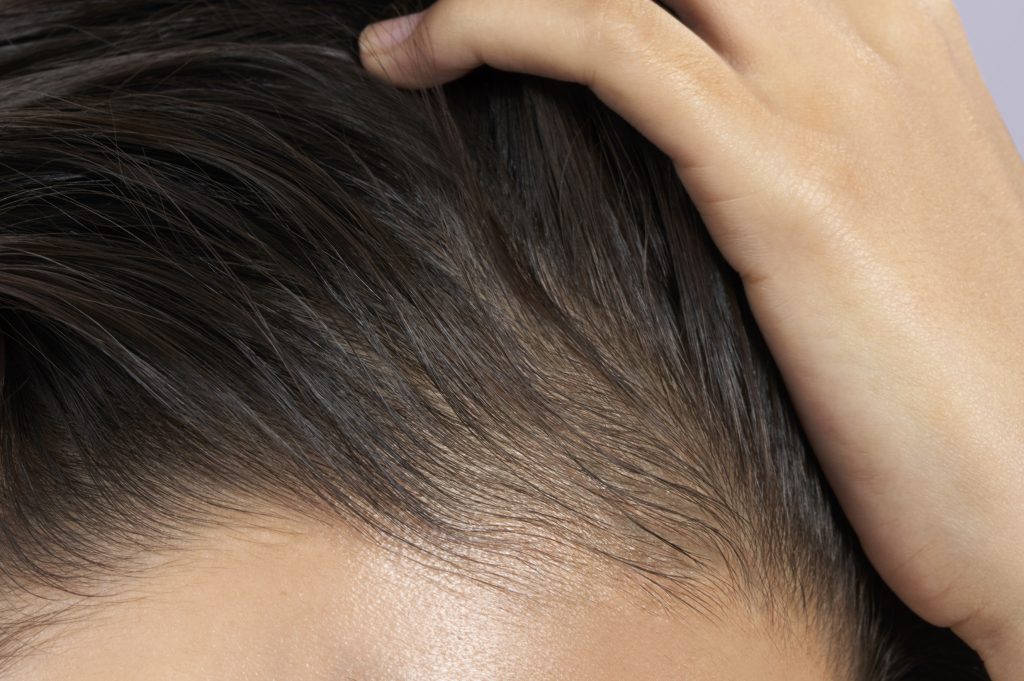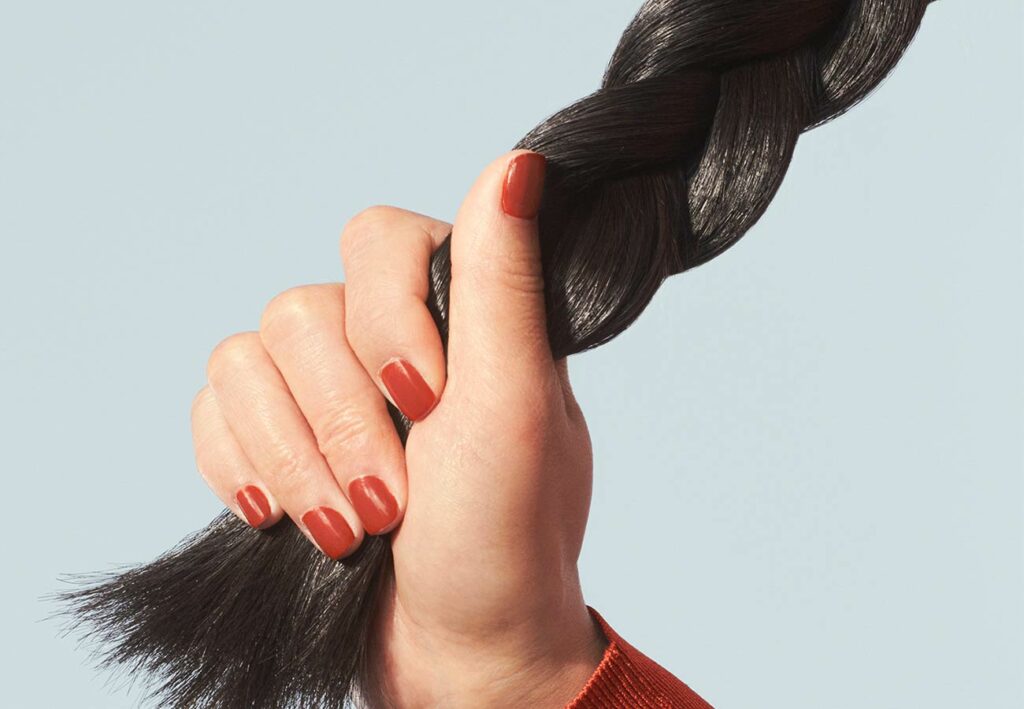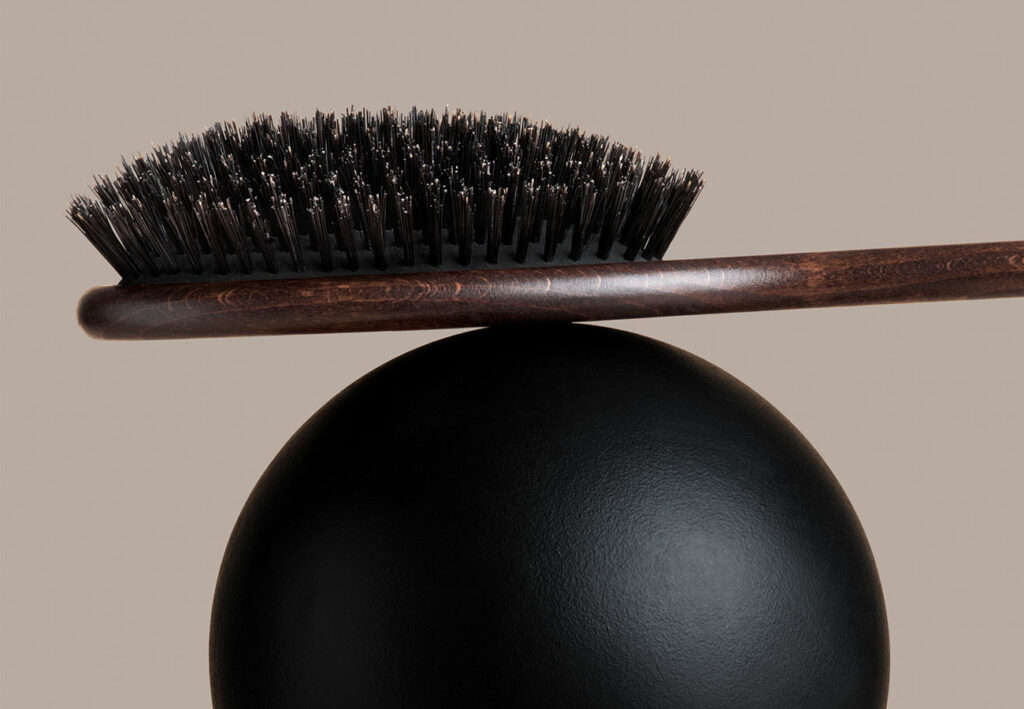Are you using hard water?
Water seems like a pretty basic hair care essential, but did you know that the wrong kind of water can actually damage your hair? Mineral-heavy hard water, in particular, can have a damaging impact on your strands. Hard water has high levels of calcium and magnesium, which can cause health issues when ingested in large quantities and is corrosive to plumbing over time.
If you aren’t sure whether you have hard water in your home, there are several signs you can watch for. Check out your pipes and look for a white, chalky buildup along the seams where they join. These are mineral deposits and are a good indicator you have hard water coming through your faucet.
Hard water also promotes soap scum when the calcium reacts with soap residue. If washing your hands leaves you feeling like you have a soapy film on them after rinsing, this is from the hard water. Calcium carbonate deposits on your dishes or the white spots left behind after drying are another possible hard water indicator.
How does hard water damage your hair?
When it comes to your hair, using hard water to wash and rinse leaves behind a similar kind of buildup. While a few washes here and there shouldn’t have much of an impact, repeated exposure can increase this buildup over time, leaving your hair strands weighed down by excess minerals and your scalp covered by residue. Since a healthy scalp provides all the nutrients for new growth, buildup can interfere with a solid foundation.
The result is dull, lifeless hair lacking the bounce and shine that normally signals good hair health. Hard water residue is drying and corrosive, giving you brittle strands that split and break easily, leading to overall hard water hair damage that promotes frizz and makes it less manageable. If your hair is colored, you might find the vibrancy of your color fading quickly, leaving you with a dull tone or even discoloration of the original shade.
How to get rid of hard water
The most effective way to rid your home of hard water is also the most labor-intensive. Installing a water softener will remove calcium and magnesium at the source, keeping your hair and pipes clear of any mineral buildup. However, this is only possible if you own your home and can afford to invest in a water softener purchase and installation.
Your next best option is to filter the water at the end of the line. Showerhead filters can work to remove the excess minerals from your water, ensuring you’re washing and rinsing without adding unwanted deposits to your hair and scalp. Don’t worry if you can’t take these steps to eliminate your hard-water issues; there are ways to work with what you have while avoiding damage to your hair.
How to know if your hair is healthy
Protecting your hair from hard water
Protecting your strands from anything starts with healthy hair, so make sure you have a hair care routine that’s designed for your unique needs. Remember that hair soaks in water when it’s dry, so using pre-shampoo masks for your scalp and hair can reduce the amount of contact and penetration from hard-water minerals. As an added benefit, these products can also provide your hair with the nourishment it needs to limit the negative effects of hard-water exposure.
Choose a clarifying shampoo that’s designed to demineralize and eliminate hard-water buildup from your hair and scalp. Using a penetrative, moisturizing conditioner can also help fill your thirsty strands, leaving less room for your hard water to linger and preventing the drying effect that promotes breakage. If you want to protect color desaturation, pretreating with the right hair oil can lock your color in and repel hard water from getting past your hair’s cuticle.
You can also limit hard-water buildup by reducing the number of washes you need. A good dry shampoo can keep your hair looking fresh and healthy between washes, allowing a break between hard-water exposures.
Repairing hard water hair damage
If you find that hard water has already damaged your hair, plenty of options are available to get it healthy and manageable again. Make sure you’re using styling and treatment products that focus on hydrating your hair and delivering the nourishing elements it needs to promote healthy growth.
A strong leave-in conditioner or your hair oil can soothe damaged hair while taming the brittle results of that damage. Hair supplement products, especially those made to target the health of your scalp, can give your hair an additional boost to get your hair back on track. If you really want to get the most restorative effect out of your products, consider purchasing custom formulas that tailor ingredients to match your unique hair challenges.
Hard water damage can be an easy fix
Having hard water in your home doesn’t have to be a death sentence for your hair. Protecting your strands by giving them what they need to be healthy is the best defense against any kind of damage. If your normal hair care routine doesn’t seem to be getting the job done, perhaps it’s time to look into a customized system. The Prose hair consultation can help you identify your unique needs and match you with products that deliver what your hair has been missing.





